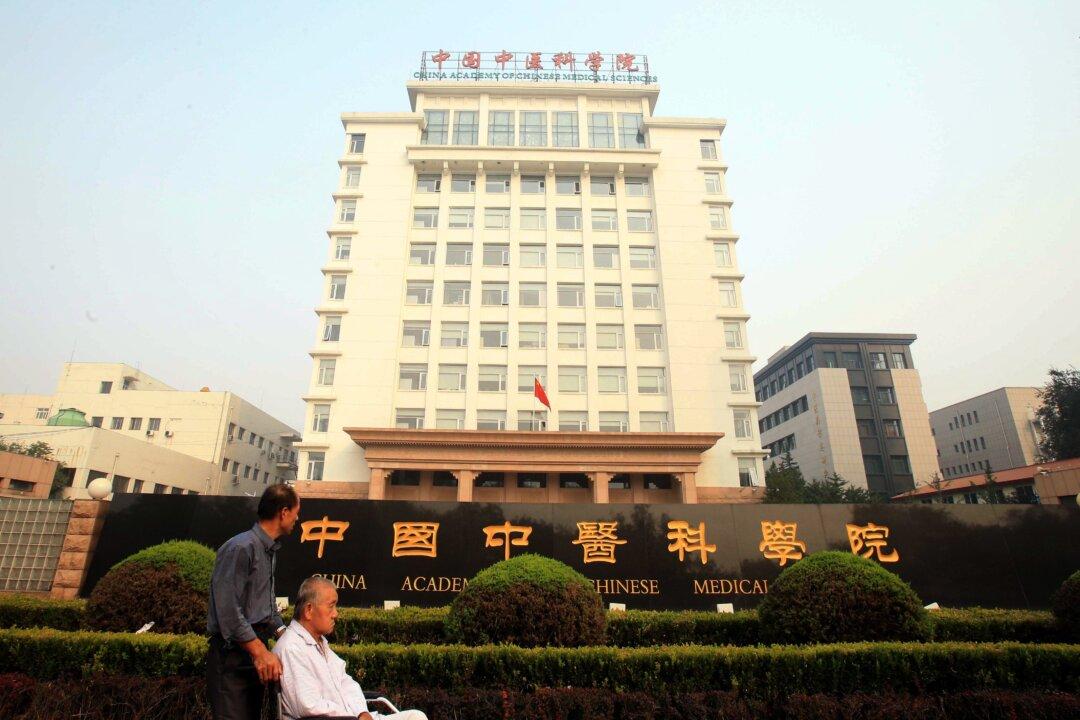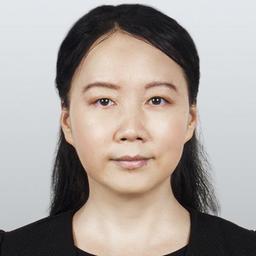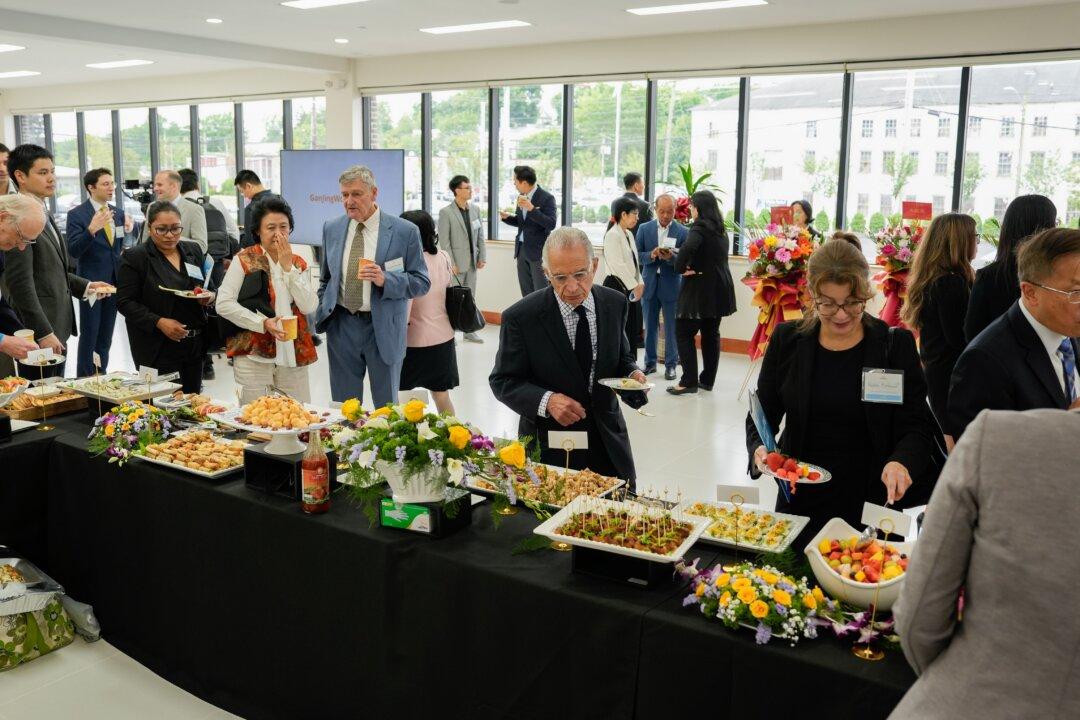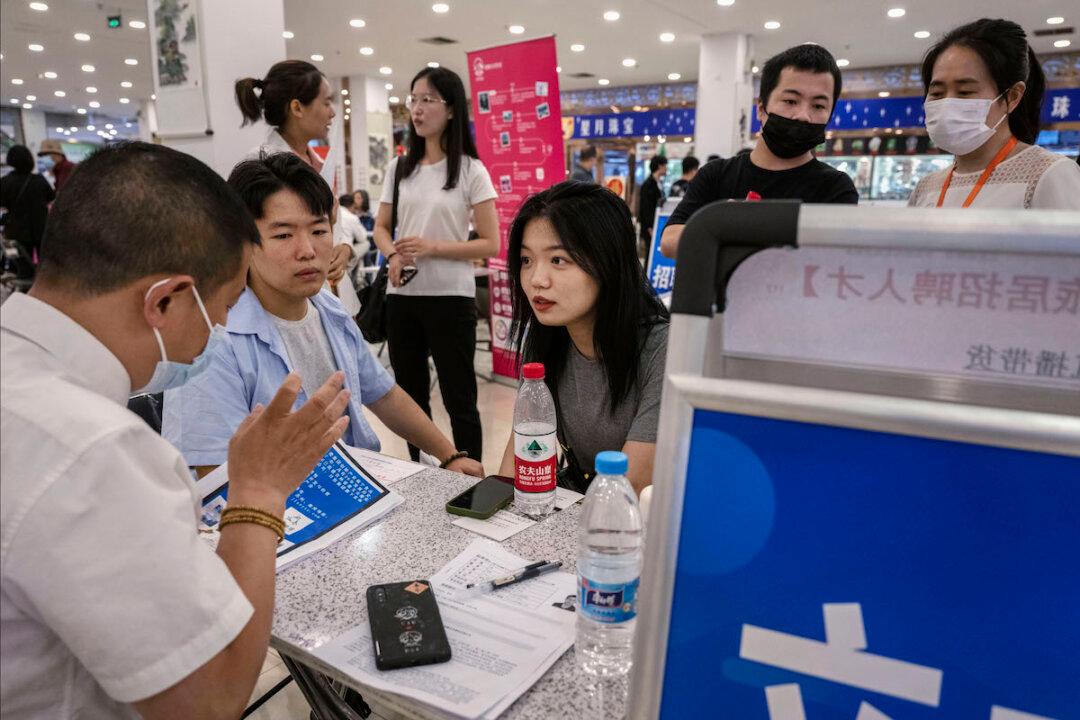In December, 19 experts of China’s top academies, the Chinese Academy of Sciences (CAS) and the Chinese Academy of Engineering (CAE), died of unspecified “illness,” a statistic that is six times higher than the average number of deaths in the past years.
Official reports avoid mentioning the cause of these deaths, in what appears to be an attempt to cover up deaths caused by COVID-19.





